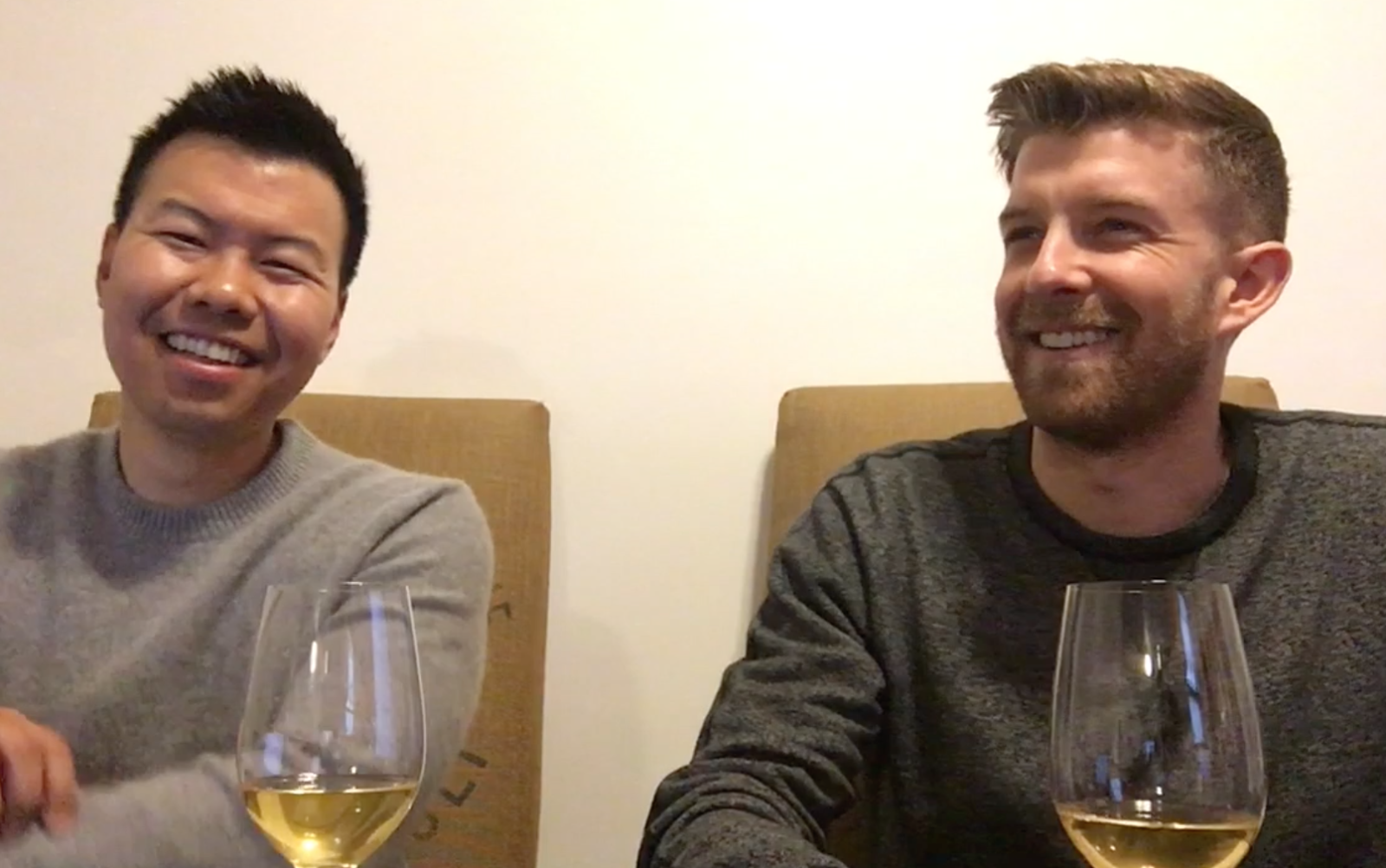We all want a role at a company that magnifies our strengths and provides growth opportunities. But how do you get that kind of job? How do you even figure out what that job is?
Finding, pursuing, and ultimately landing that type of job requires an intentional approach.
There’s no one I can think of who’s exemplified this approach more than my good friend, Kyle Weeks.
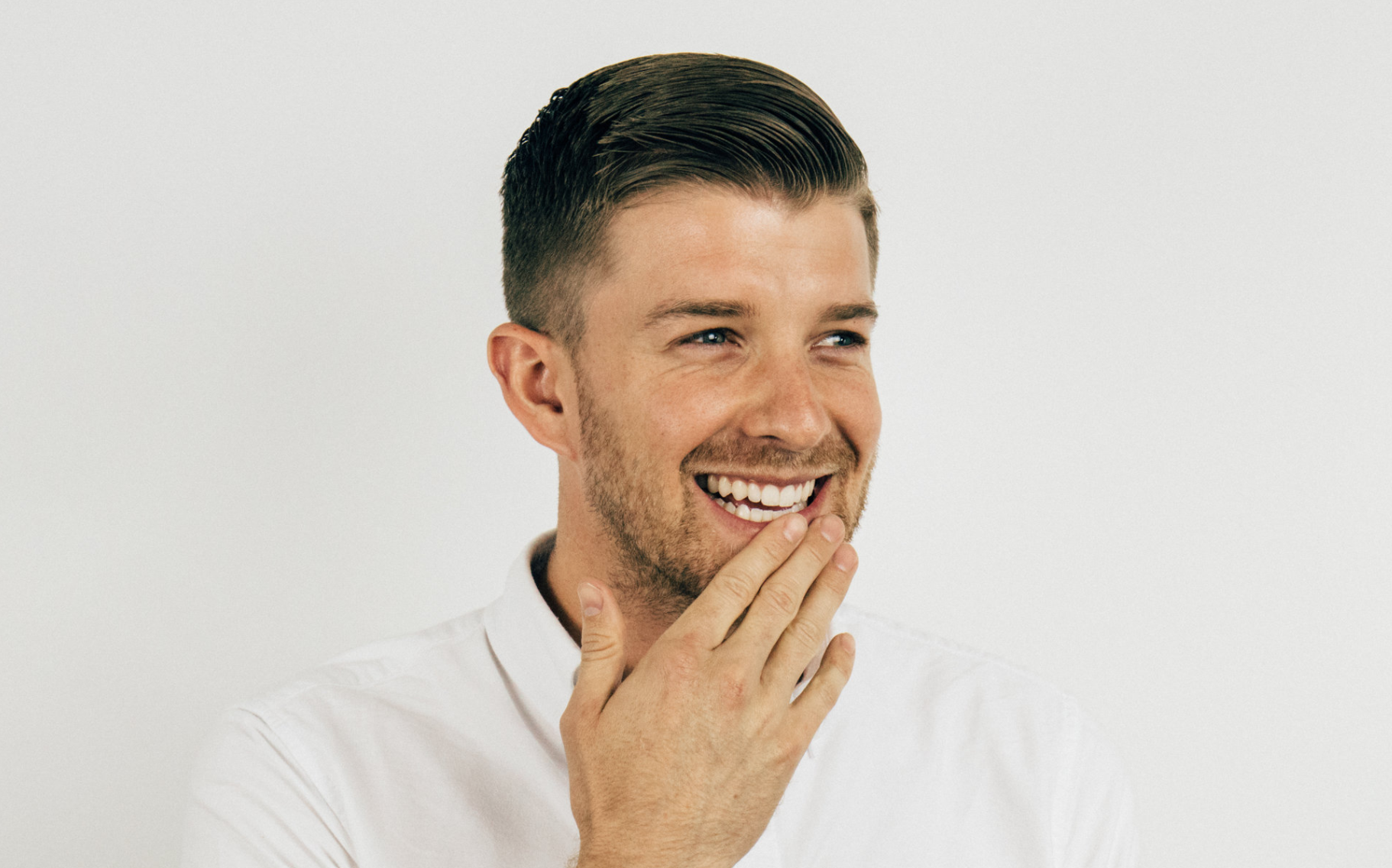
Kyle is currently a Product Marketing Manager (PMM) at Hello Alfred, a New York based startup that provides hospitality services for your home to help reclaim your time. Landing a PMM role at a startup isn’t the most unique experience, but we could all learn from Kyle’s approach of intentional differentiation to help us land the jobs we want.
Kyle’s journey to the startup Hello Alfred included both Culinary and Sommelier school, a stint at a VC firm, and four years at the world’s most valuable company (by market cap), Apple.
Kyle and I had a wide ranging conversation connecting the dots in his path to his current role at Hello Alfred.
Amongst other topics, we dug into the importance of differentiation in the job market, how to build intentional relationships (aka networking), how to convey a non-traditional experience (e.g. Culinary school or extended time off traveling), and how to navigate the recruiting process at a startup.
I’ve summarized these highlights below, but I encourage all of you to watch the full interview:
Highlights from Kyle
On differentiating yourself in the job market
Kyle was on a great career trajectory at Apple, but he also had a growing interest in food. Through a combination of careful planning and receiving a scholarship, Kyle decided to leave Apple and Silicon Valley to go to culinary school. However, in the back of his mind, he had an inkling he’d come back to tech. So why would he leave?
I did think most likely I was going to come out [of culinary school] and do something that was somewhere between culinary school and tech. But I thought it was super refreshing to go to the other end of the spectrum and just free fall for a little bit and figure out where I gravitate towards.
I also think that we live in an era now in which differentiation is so important when it comes to employment.
The best product people have a diverse set of experiences and so I really tried to keep an open mind as I was learning in the kitchen. What are the lessons that are going to serve me outside of the kitchen and make me more interesting?
Kyle knew that just by going to culinary school he would have a differentiated experience, but he was intentional about learning new skills and translating them into a competitive advantage in the corporate world, like mise en place:
One of the biggest things chefs will talk about is this concept of “mise en place” which means everything in its place and it is a chef’s work flow.
Everything from where they put their knife on the table to how they’re labeling their ingredients to how they’re prepping things…it’s a very intentional process such that when they are in the heat of things, they’ve put themselves in the best place possible to deal with that chaos.
So, that’s made me think a lot more about workflow in tech, how am I managing my e-mail? Where is my task management going on? How do I approach meetings? …Putting in that extra 10% to really be intentional about it compounds over time in terms of time savings and efficiency and effectiveness.
On building intentional relationships and communities
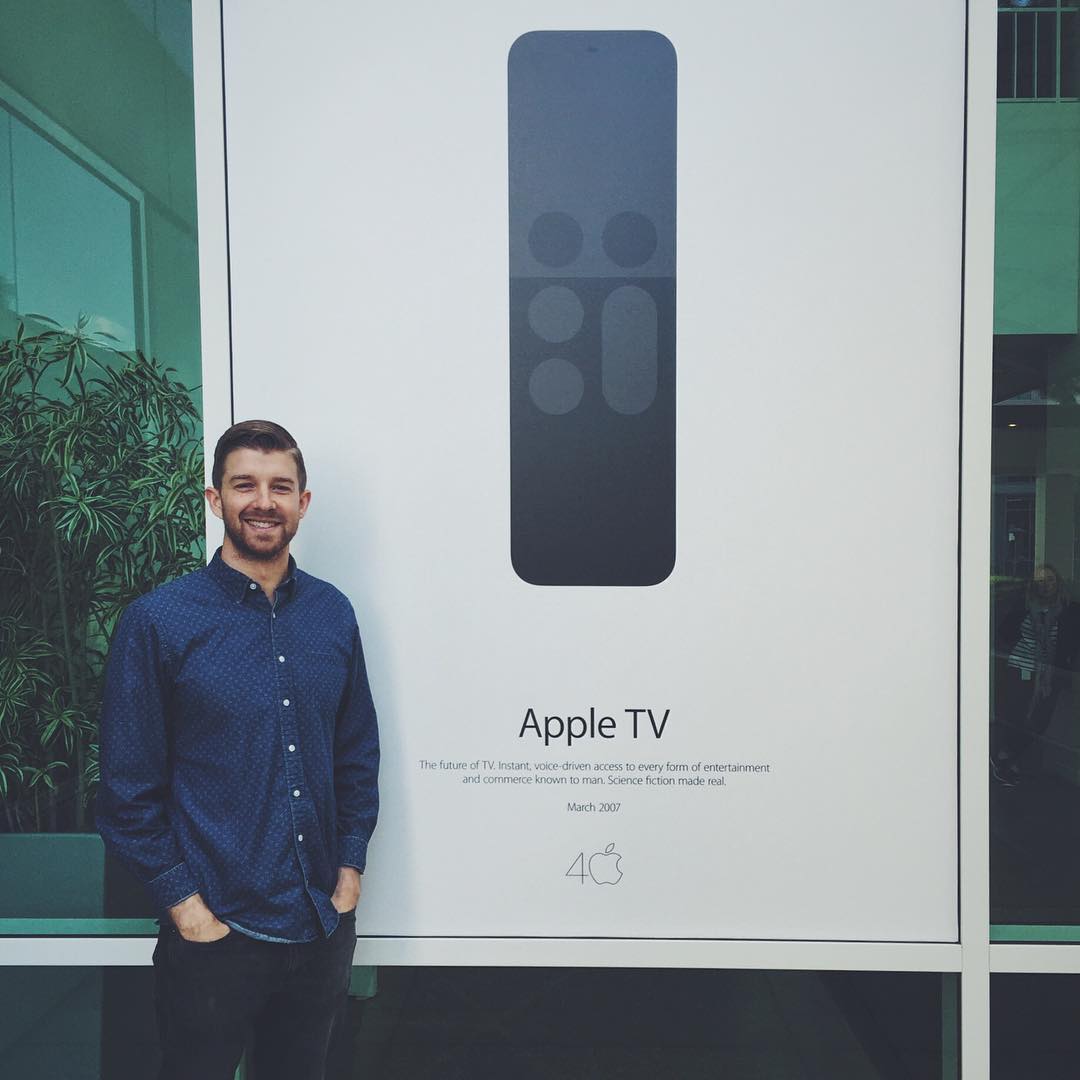
Kyle was working at Apple, living in Silicon Valley and moved to New York with a thought that he might want to find a job in food tech after culinary school.
So how did he approach the job search after culinary school? By starting the job search the first day he landed in New York.
What I see a lot and what I almost fell victim to is people start [job] searching once they’ve already gone mentally from their current spot.
So, my job search started as soon as I hit the ground in New York. I started networking.
Kyle knew that building the right network was going to be important for when he was ready to take a job after culinary school:
These networks are small, they’re small and closely held. And the whole time I thought about my luck surface area. I knew that I just needed to be expanding that, not necessarily knowing how it would help, but knowing that later I would thank myself for doing upfront work.
So how did Kyle go about expanding his luck surface area to find and build a relationship with a community from scratch?
I first started by looking at the 30 under 30 for the food category. I just went down the list one by one and reached out to them through LinkedIn, through Instagram, through guessing their email.
Most or all the people got back to me and I had really good conversations with them and I think it’s important to leave those conversations with, who else do you recommend I talk to? And, getting creative yourself about how you could provide value back to them.
You might be surprised who you might know that they could gain value or benefit from. Or, something that they’re struggling with and you send them an article on that topic and say, “okay I really enjoyed talking about this, check this out.” Not just taking but also you giving is an important point.
Kyle was also intentional in his cold messaging. He didn’t blast out generic messages, but rather crafted personalized messages to differentiate his from all of the other random messages the recipient might get.
On cold messaging:
…it can be done really wrong if you’re not careful.
…show curiosity to the people that you’re reaching out to because you aspire to be like them or admire their work.
My advice [for cold messaging] is be specific and make sure they know that in fact it’s not just a blanket e-mail that you’re sending out.
So, I’d [include] a specific admiration, a specific question, and a specific time ask – could we hop on the phone for 20 minutes sometime this week or get coffee for 30 minutes sometime this week? I can come to you.
On conveying a non-traditional experience in job interviews
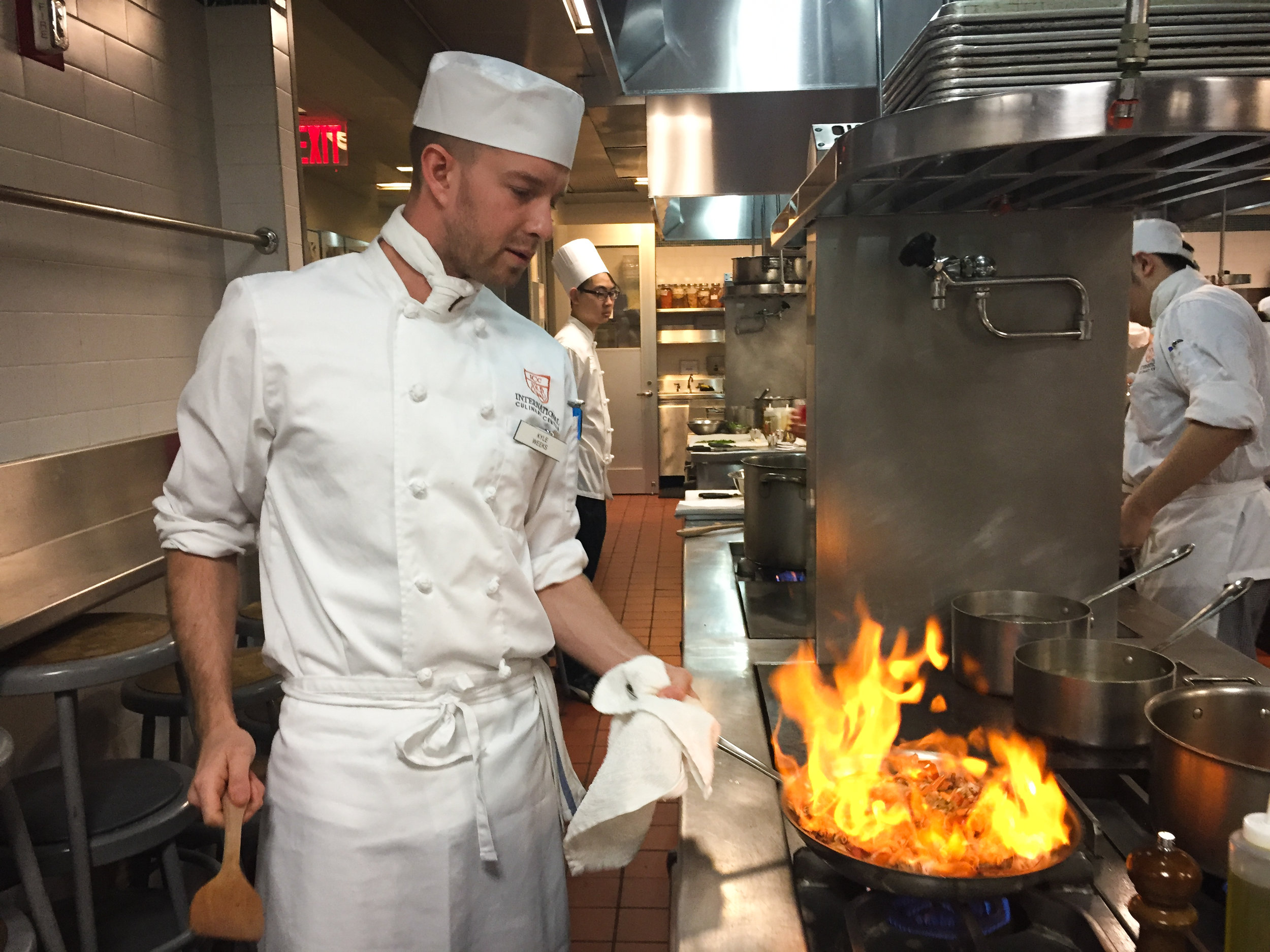
As culinary and sommelier school was coming to an end, Kyle was able to set up job interviews through the network he took the time to build.
As he was interviewing for tech jobs, he thought through how to best present his non-traditional experience by putting himself in the shoes of the hiring manager.
I think there is sort of this new world – old world way of thinking about stuff like that. For example, when someone goes and travels for six months there’s a way to look at that.
I think if I was a hiring someone I could either see that and say they’re unfocused or they’re a typical millennial getting away from reality. Or, I could say, “I wonder what type of things they were learning during that time and how those learnings can pull into what we’re trying to do here.”
Put yourself in the shoes of the interviewer and say, what are they looking for? What kind of things would they want out of the person? And then back your story into that.
It’s really [about seeing] experiences as amassing tools in your tool belt and getting creative about how you explain those tools and how you apply them to someone’s need.
If you’re thinking about taking time off to travel or pursue a different experience that might be considered non-traditional for your career path, Kyle has some sage advice:
Think hard about what your story is, your why behind taking that time off. And sometimes you know that before you take the time off and other times it won’t be apparent until you’ve done so. But be prepared to talk about how that experience is more than just a vacation for you.
And if done the right way it really can be a differentiating factor when you apply for the same job as someone else and maybe you’ve had these life experiences that they haven’t, be ready package it up as a value add to the company.
The other thing I would say is if you’re about to take off on one of those sorts of journeys, you can be intentional upfront about your “why”. Even doing some journaling as to what you’re hoping to get out of the time, constantly checking in on that, is super, super helpful. It’s a big difference between running to something and running from something.
On navigating the recruiting process at a startup
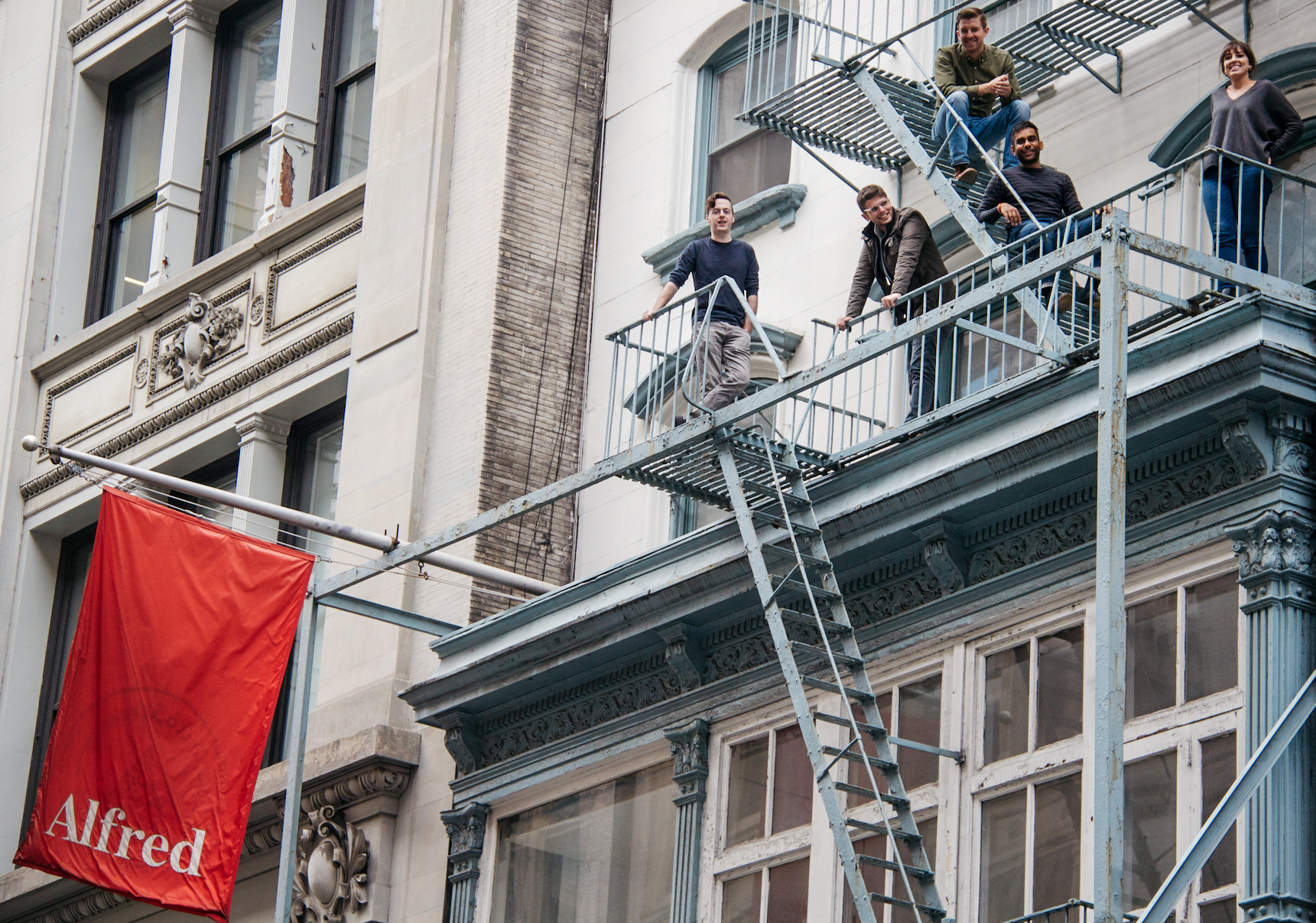
Kyle’s recruiting process with Hello Alfred was completely different than when he landed his job at Apple. Kyle had interned at Apple and was part of a rotational program that had a dedicated program manager that facilitated interviews for all candidates. His journey to Hello Alfred had a few more twists and turns.
Through his network, Kyle got referred to Hello Alfred, but was initially considered for a Product Manager role, not Product Marketing:
I had applied to a product manager role, but through the interview process they [Hello Alfred] realized and I realized, too that it would be a better fit for me to be a product marketing manager.
It was a role that they hadn’t posted yet…That’s another thing that I want to briefly bring up, a lot of jobs go unposted and so you have to present yourself for them to think about you…. if someone really wants you, they’ll create the role for you.
So, don’t feel like if you don’t see that perfect role, it’s not worth reaching out. A lot of startups now have sort of like a “name your superpower” tied to the general application which isn’t just fluff, it really is real.
Kyle also kept in mind the differences of a startup and a large company in terms of how the recruiting process plays out:
Startups may or may not have someone who’s dedicated to recruiting depending on what size they are. And so, my advice with getting interviewed by a startup is just go with the flow and if you’re stuck waiting for a long time, just be patient, because everyone just has so much to do.
Which is also true of big companies, too, but be persistent and gentle but firm. Nudge as you’re working your way through the ranks, know that in a startup word travels so much faster just because there’s such few people.
And I would almost say that having a recommendation, going into a startup with a warm intro, might actually carry more weight because it’s a smaller team and so it means more. And culture fit matters even more in my opinion in a startup because there are such few people. If you’re a team of 4 and you bring in one person who is off, then all of the sudden, 20% of your team doesn’t fit….
Finally, on culture fit, Kyle talks about how to evaluate if you would want to be part of the team:
I think one of the easiest ways for me to gauge [culture fit] is, “are these people that I want to hang out with outside of work?” which is pretty cliché and I’m not inventing anything new there but I think it does definitely hold weight.
You can get that from someone just by an interview. Sometimes, someone will interview you and kind of not let their personality show. But in the interviews that I was going through [at Hello Alfred], I just realized through the intentionality of the questions and then how playful people were and curious and smart and thoughtful – like this is a place I want to be and I want to be a part of this.
These are just a selection of the many highlights from my conversation with Kyle. I encourage you to watch the full interview.
Here’s a link to the full transcript, (I used a 3rd party transcription service, so apologies if there are typos!).
